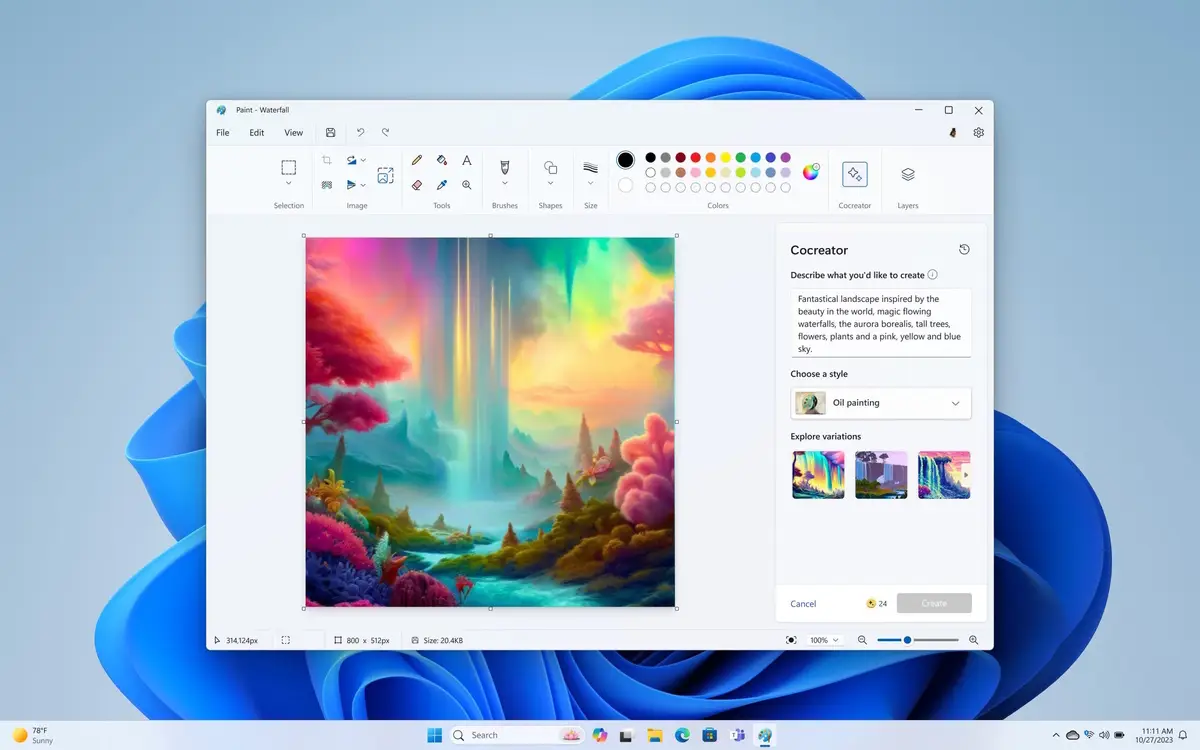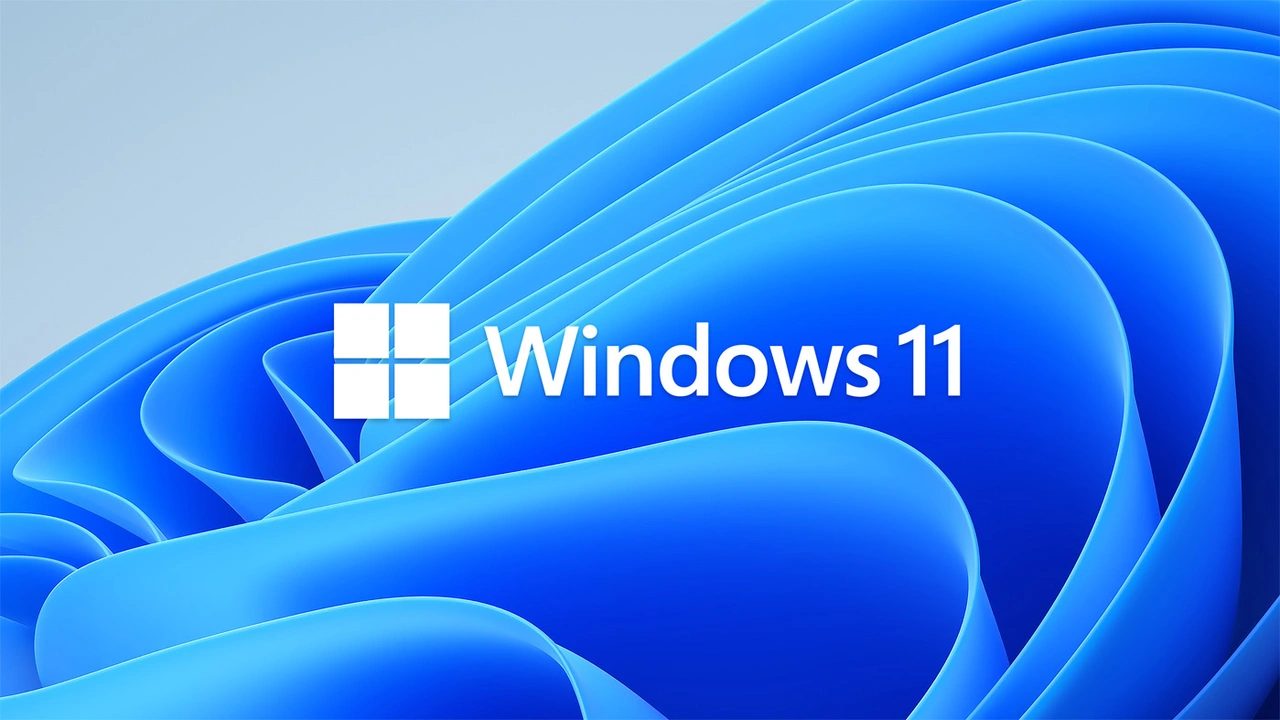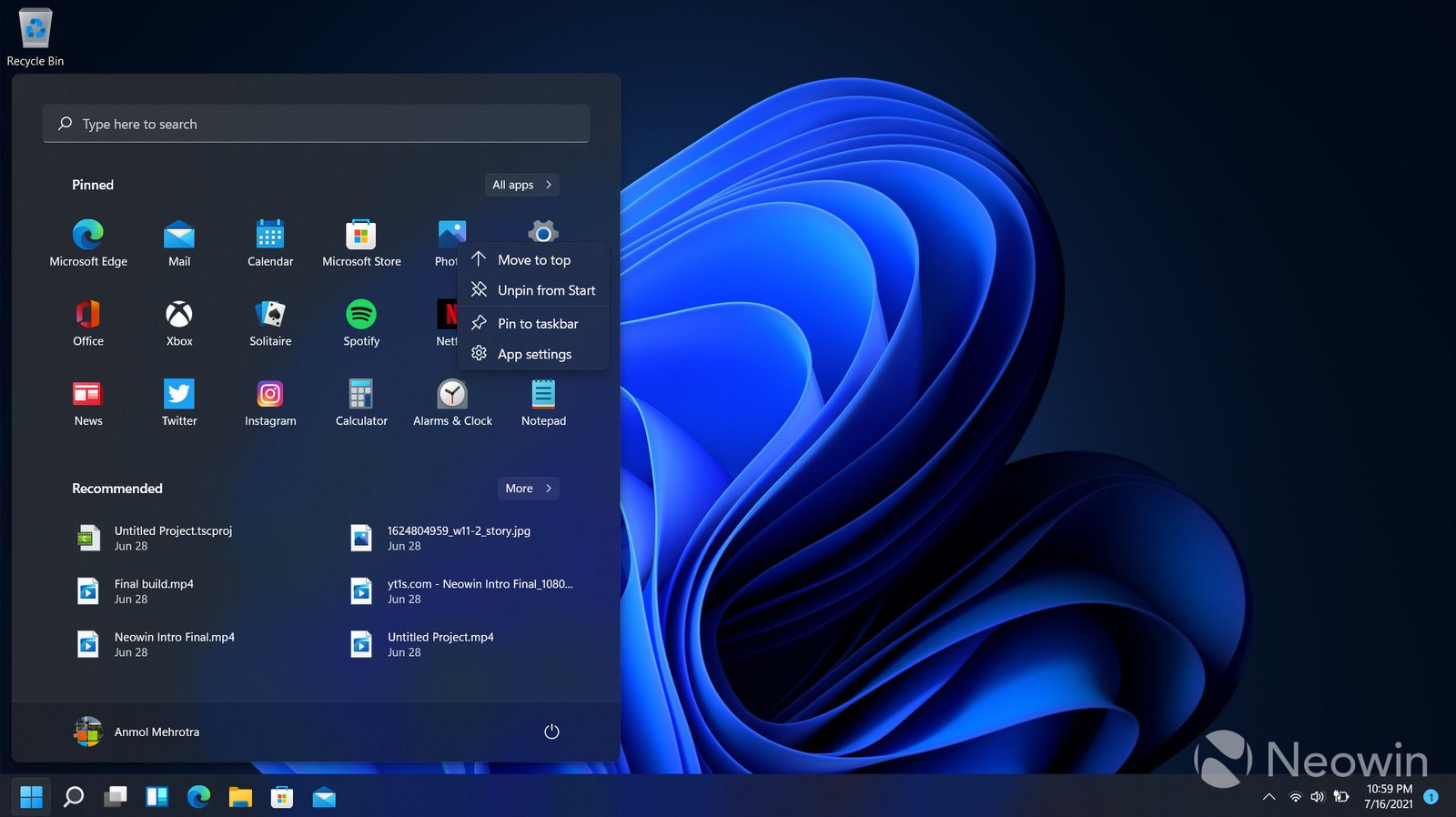Microsoft’s Windows operating system has been a cornerstone of personal and enterprise computing for decades. As technology continues to evolve, so does Windows, adapting to new trends and user needs. So, what’s next for Microsoft’s OS? Here’s a look at the anticipated developments and innovations shaping the future of Windows.
1. Windows 12 and Beyond
What It Is:
- Speculation and early information suggest that Windows 12 might be the next major release following Windows 11.
Expected Features:
- Enhanced integration with AI and machine learning.
- Further advancements in virtual and augmented reality support.
- Improved system performance and security enhancements.
Why It Matters:
- Windows 12 could represent a significant leap forward, bringing new capabilities and optimizations to the operating system.
2. AI Integration and Smart Features
What It Is:
- Artificial Intelligence (AI) is set to play a more prominent role in future Windows versions.
Expected Developments:

- AI-powered virtual assistants and productivity tools.
- Enhanced automation and predictive features to streamline user tasks.
- Improved system diagnostics and troubleshooting through AI.
Why It Matters:
- AI integration can make Windows more intuitive and responsive to user needs, enhancing overall productivity and user experience.
3. Enhanced Cloud Integration
What It Is:
- Cloud computing is becoming increasingly central to computing environments.
Expected Developments:
- Seamless integration with Microsoft’s Azure cloud services.
- Enhanced cloud storage and synchronization features.
- Cloud-based app management and deployment.
Why It Matters:
- Improved cloud integration can provide greater flexibility and accessibility, supporting remote work and collaboration.
4. Evolution of User Interface (UI) and User Experience (UX)
What It Is:
- The UI and UX of Windows are continuously evolving to meet modern design standards.
Expected Developments:
- More customizable and adaptive interfaces.
- Enhanced support for touch and gesture-based interactions.
- Streamlined design to improve user efficiency and satisfaction.
Why It Matters:
- A modern and adaptable UI/UX can enhance usability and appeal, making Windows more accessible and enjoyable for users.
5. Advanced Security Features
What It Is:
- Security remains a top priority for Microsoft, with ongoing efforts to enhance OS protection.
Expected Developments:
- Next-generation security features leveraging AI and machine learning.
- Improved threat detection and response mechanisms.
- Enhanced privacy controls and data protection.
Why It Matters:
- Advanced security measures are crucial for protecting users from evolving threats and ensuring data integrity.
6. Integration with Emerging Technologies
What It Is:
- Windows is expected to integrate more closely with emerging technologies such as blockchain and IoT.
Expected Developments:
- Support for blockchain-based applications and services.
- Enhanced compatibility with Internet of Things (IoT) devices and platforms.
Why It Matters:
- Integration with emerging technologies can expand the capabilities of Windows and support innovative applications and services.
7. Support for Hybrid and Remote Work Environments
What It Is:
- The shift to hybrid and remote work models is influencing Windows development.
Expected Developments:
- Improved remote desktop and collaboration tools.
- Enhanced support for virtual work environments and cloud-based applications.
Why It Matters:
- Adapting to hybrid and remote work trends can help Windows better support diverse work styles and improve productivity.
8. Sustainability and Eco-Friendly Initiatives
What It Is:
- Microsoft is committed to sustainability and eco-friendly practices.
Expected Developments:
- Energy-efficient features and optimizations.
- Support for green computing practices and sustainable technology initiatives.
Why It Matters:
- Focusing on sustainability can reduce the environmental impact of computing and align with global efforts to combat climate change.
9. Continued Support for Developers
What It Is:
- Microsoft is likely to continue enhancing support for developers with new tools and frameworks.
Expected Developments:
- Improved development environments and APIs.
- Expanded support for cross-platform applications and services.
Why It Matters:
- Supporting developers can drive innovation and ensure a rich ecosystem of applications and services for Windows users.
10. User Feedback and Iterative Improvements
What It Is:
- Microsoft often incorporates user feedback into its development process.
Expected Developments:
- Ongoing updates and improvements based on user input.
- Regular feature enhancements and bug fixes.
Why It Matters:
- Listening to user feedback ensures that Windows continues to meet the needs and expectations of its diverse user base.
Conclusion
The future of Windows promises exciting advancements and innovations that will shape the way we interact with technology. From AI integration and cloud support to enhanced security and sustainability efforts, Microsoft is poised to continue evolving its operating system to meet the demands of a rapidly changing digital landscape. As Windows progresses, users can look forward to a more powerful, intuitive, and secure computing experience.











